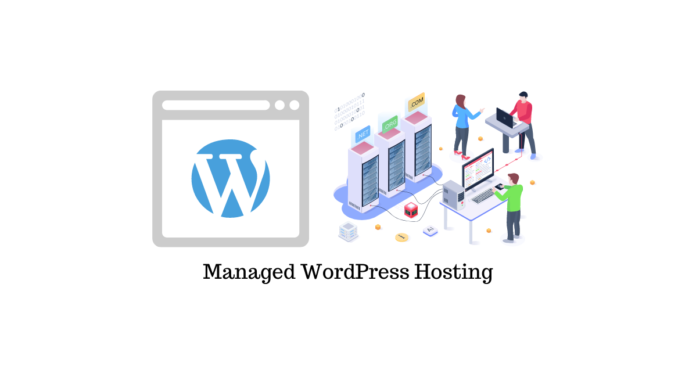Last updated - March 7, 2024
Unlike shared hosting, where you share a server with hundreds of other websites around the world, managed WordPress hosting means that someone manages your WordPress website for you. With Managed WordPress hosting, you’ll get all the help you need, and it’ll be entirely focused on you.
To give a simple comparison, shared hosting is similar to moving into a flat with fifteen other individuals. Rooms, the kitchen, and the bathroom must all be shared. Managed WordPress hosting, on the other hand, is like moving into your apartment and not having to deal with anyone else.
What Is WordPress Hosting and Why Is It Important?
You’ve probably just finished building your WordPress site and are ready to launch it. However, you must first determine if you want to hire a business to help you with WordPress site hosting or if you want to do it yourself. Allowing one of the best WordPress hosting companies to assist you opens up a world of possibilities, allowing you to focus on your website.
Then, if you decide that you need assistance hosting your WordPress website, you must pick between Shared Hosting, which includes other websites on a single server, and Managed WordPress Hosting.
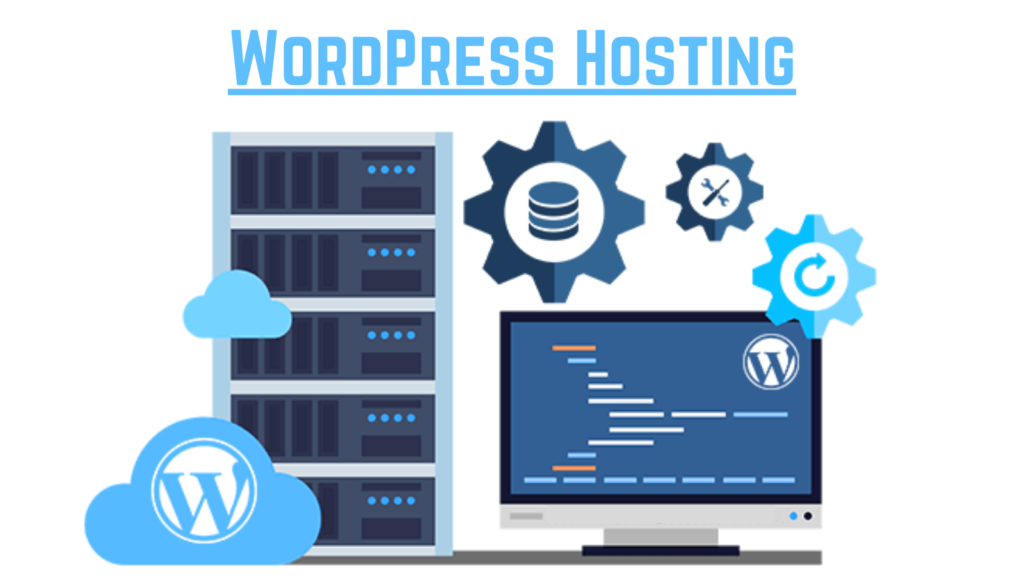

If you have a limited budget and don’t want much from your WordPress website, shared hosting may be the best option for you. Managed Hosting, on the other hand, is the way to go if you want all of the bells and whistles to assist you in improving your website.
The Benefits of Managed WordPress Hosting
A managed WordPress hosting service takes care of the tasks that are critical to a website’s success. There are a variety of maintenance activities that you should not overlook on a daily, weekly, or monthly basis.
Backups, on the other hand, keep your data safe while updates keep your site protected from hacker attacks. When you have a website, troubles are always lurking around the corner, and backups are your lifeline for recovering your data if something goes wrong.
Not to mention when site visitors (both potential and non-possible clients) are unable to access your pages due to problems. Or, in the worst-case situation, you discover your website is unavailable.
If you choose to manage your site on your own, you should be aware that these are only some of the issues you may encounter. This is not to suggest that if you have a WordPress site, you must have a managed WordPress service.
What you should think about is if you can afford to spend enough time on maintenance, backups, and updates, which may take time away from growing your project.
Let’s go over the advantages of using “managed WordPress hosting” in further detail.
Monitoring of Uptime
Uptime monitoring is a standard function that managed WordPress hosts provide that shared hosting services may not provide as a regular feature.
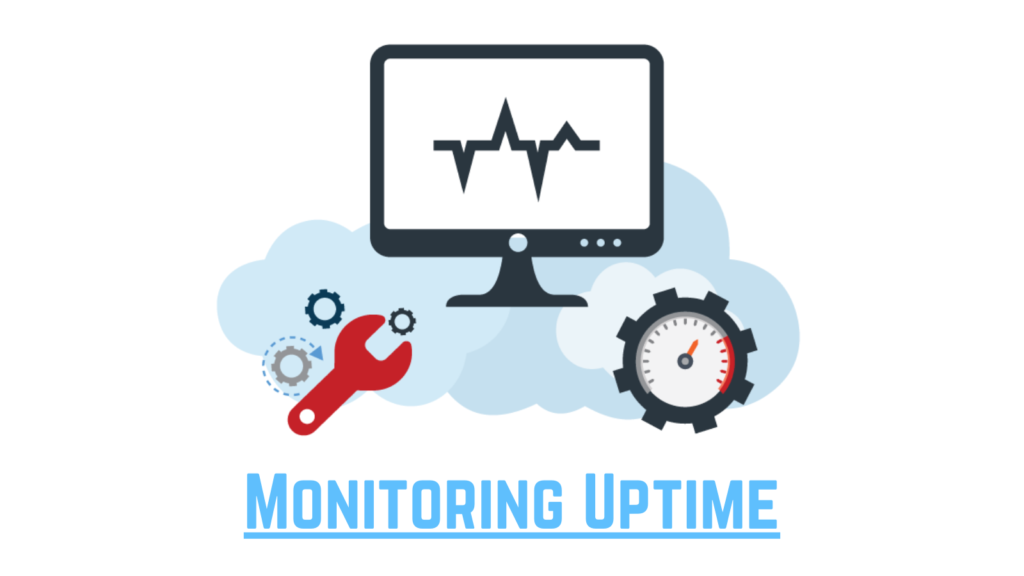

Your managed WordPress host will automatically detect issues with your site that may result in downtime; in most situations, these issues can be resolved before the site goes down.
A recent update or a plugin could be the source of the issue. In any case, it can result in costly downtime for a site, which most firms want to avoid at all costs.
Managed service providers use preventative methods such as uptime monitoring to detect and solve problems as soon as they arise, ensuring maximum uptime and reliable performance.
Improved Security and Protection
One of the most crucial elements to consider in the internet world is security. Setting up strong security relies not only on the hosting provider but also on the website owner and webmaster, who can greatly benefit from opting for secure WordPress hosting solutions that offer robust protection measures and proactive monitoring.
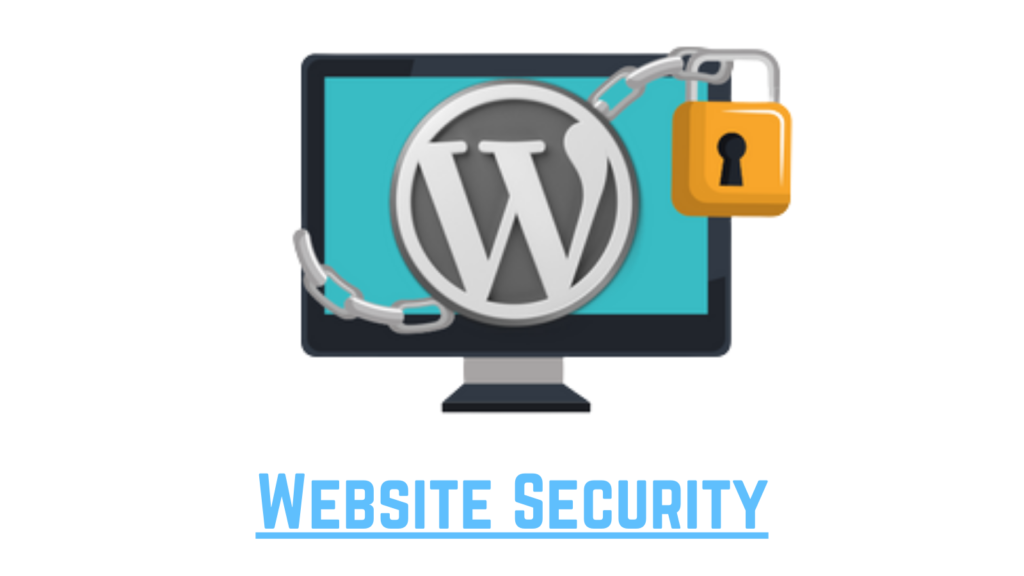

This includes creating a powerful firewall, deploying security software, and continuously monitoring the website for security threats. This also needs a lot of time and is pricey.
However, with Managed WordPress Hosting, all of the heavy work is done by the managing staff.
The team ensures that all security and anti-malware software is up and running, that periodic website scans for threats and malware are initiated, that threats found are analyzed, and that findings are shared regularly with website owners so that appropriate action may be taken.
Backups of the System and Data
Managed WordPress Hosting also includes backup support for your website. As you are aware, maintaining backups of your website is critical for disaster recovery processes.
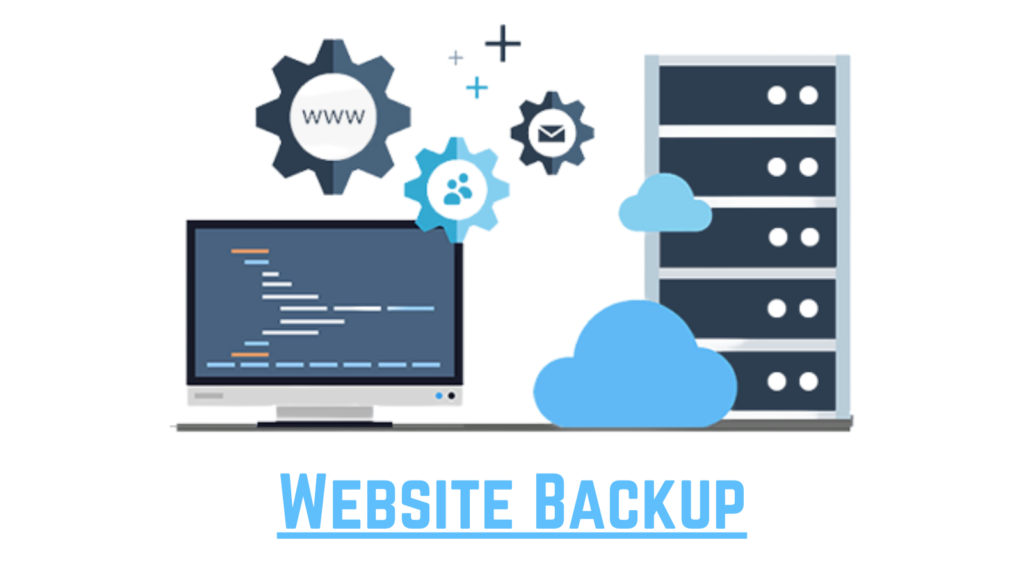

Taking backups, on the other hand, takes a substantial time and resource effort. You must also provide adequate storage space.
However, under Managed WP Hosting, this duty is handled by the management team. They not only handle frequent backups of your website or app, but they also aid in the restoration process in the event of a disaster.
This is, in my perspective, a crucial issue. When your website is down and you are in the disaster recovery process, and you and your team are rushing around the workplace to get things back in order, having some assistance from the hosting company who handles the restore points, migration, and activation of your website is a tremendous benefit.
Taking Care of Your WordPress Installation
WordPress is pre-installed on the hosting server as a standard feature of WordPress Hosting. It is no longer necessary for developers to download and install WordPress on the hosting server. This saves a great deal of time and effort.
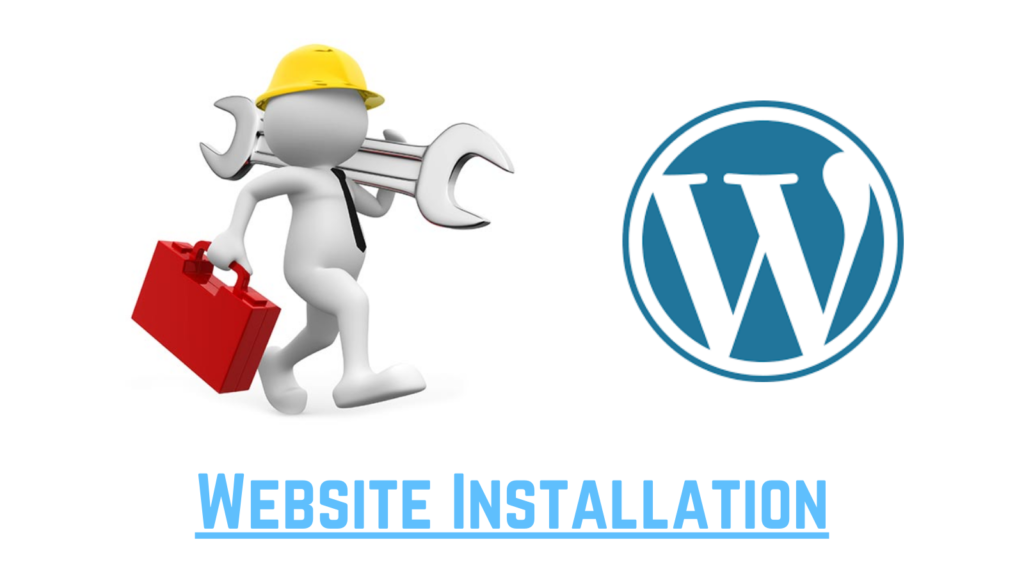

When you have to regularly construct new WordPress-based websites, having WordPress Hosting makes things easier and faster. Furthermore, it enables automatic updates so that you never miss an update and always have the most recent version operating on the site.
Aside from that, the Managed WordPress Hosting team handles other WP optimization and maintenance chores, such as WP-Database optimization. This database holds all of the site’s main elements, such as pages, posts, form entries, comments, and so on.
As the website grows in size, more data is added to the WP Database. As a result, the WP Database gets slow and sluggish over time. Every data retrieval request from the database becomes slower as the WP-Database becomes sluggish, slowing down the website as a whole. The optimization solution provided as part of the managed services assists in preventing this.
Plugins and Themes Management
Another useful aspect of Managed WordPress Hosting is the maintenance of plugins and themes. The use of various plugins and themes is critical in the construction of a WordPress website.
Most of the time, these plugins require maintenance such as regular updates, cleaning up the cache so that their performance does not suffer, and so on.
Furthermore, certain hosting providers monitor the use of numerous plugins. If certain plugins are not utilized for an extended period, they will conduct a clean-up of such plugins to preserve space and keep the WordPress instance lean.
Moreover, this Hosting comes with several pre-installed plugins to make your life easier. Many Managed WordPress Hosting providers additionally provide suggestions and recommendations for Plugins and Themes.
If you want to implement a specific capability into your website, the Hosting team will conduct their study and propose alternatives.
Support 24/7
Everyone who has worked in the service sector understands the value of excellent customer service. The most significant advantage of Managed WordPress Hosting is that you will have a dedicated team to help you with technical and general support.
As customers work more closely with your website, they will have less wait time, greater urgency, and a better system grasp of it. Things normally go much more smoothly if you develop a connection with your hosting staff and they begin to function as an extension of your team.
Pros and Cons of Managed WordPress Hosting
Offloading these website-related chores provides you with a multitude of advantages. Naturally, there are some disadvantages to think about. Understanding the many benefits and drawbacks of managed WordPress hosting allows you to determine whether it is a good fit for your business.
The significance of each of these advantages and disadvantages for your organization is determined by a variety of criteria such as your web hosting expertise, employee abilities, budget, and so on.
Pros:
- Experts Managing Your Site: You have a team of experts managing the back end of your site, so you can rest certain that everything is in order.
- There Is No Need for Technical Knowledge: You do not need any technical knowledge to host a website. All of the behind-the-scenes work will be done for you.
- Improved Security: As I mentioned before managed WordPress hosting is updated with the most recent security patches and other system changes. This helps to safeguard your data against potential hackers, viruses, and other threats.
- Backup & Restoration Service: Having your site properly backed up is crucial for guaranteeing that you can recover from a problem if one arises. Most managed-hosting services will handle all of your backup configurations for you.
- You Can Concentrate on Site Data: Providing and managing your website simply entails designing it and creating content to fulfill your clients’ expectations.
Cons:
- Forcing Updates: Most managed WordPress providers will upgrade your site to the most recent version as soon as it is available. Some users prefer to wait a time before updating to ensure the system is stable.
- More Pricey: Managed hosting is significantly more expensive than unmanaged or semi-managed hosting. If you’re simply seeking the lowest web hosting solutions, a managed service is probably not for you.
- Limitations on Plugins: Because they are the ones who support WordPress, some managed hosting services will place restrictions on which plugins you can use.
- You, Will, Have Less Control Over Your Website: Managed hosting maintain a much tighter grip on its server settings and configurations. Except for unmanaged servers, this applies to the vast majority of web hosts. If you need to get into the server to change something that’s broken, you’re frequently out of luck and forced to wait for the support personnel to respond. They will, however, usually provide you with SFTP and even SSH access to your server. As a result, except for skilled developers attempting to perform sophisticated or uncommon things with their websites, the absence of server control will not be a problem. However, if you know you’ll require direct server access, an unmanaged host is the best option. You normally don’t need to worry about it if you’re simply starting a blog or a small business.
5 Popular Managed WordPress Hosting Providers
I’m sure now you’re well aware of managed WordPress hosting, its benefits, and drawbacks. So let’s take a look at 5 lists of the popular managed WordPress hosting providers in the industry.
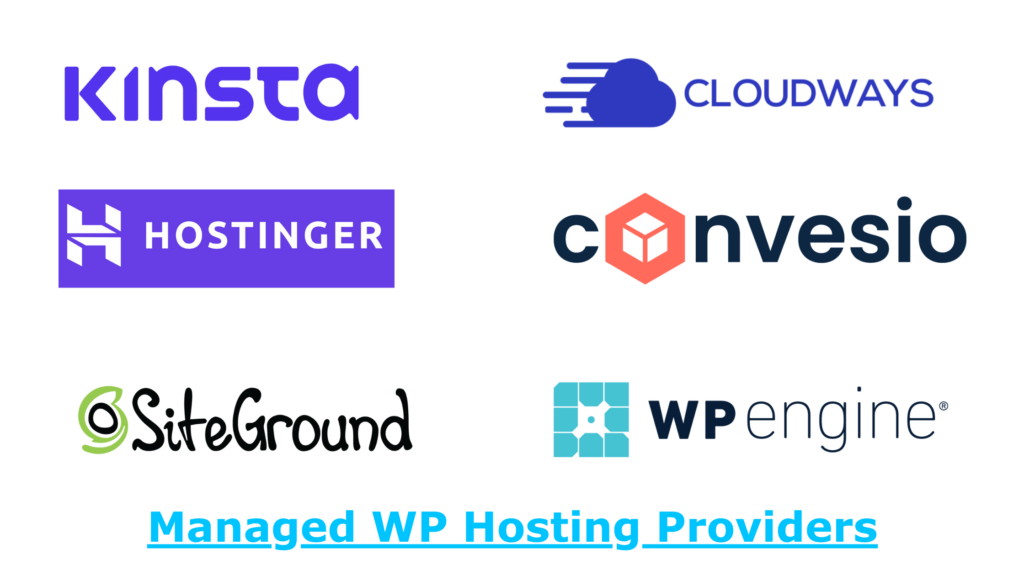

| Hosting | Basic Plan | Price/Month | Storage | Bandwidth |
| SiteGround | StartUp | $3.95 | 10 GB | 10k Visits/Mo |
| WP Engine | Personal | $35 | 10 GB | 50 GB |
| Cloudways | Standard | $10 | 25 GB | 2 TB |
| Hostinger | Premium | $2.99 | 100 GB | Unlimited |
| Kinsta | Starter | $35 | 10 GB | 25k Visits/Mo |
| Convesio | Starter | $50 | 5 GB | 50 GB |
Finally, Is Managed WordPress Hosting the Right Choice for You?
After considering all of the above, who should choose for managed WordPress hosting? Who should remain with unmanaged hosting or a lower-cost plan? And why should you choose WordPress managed hosting?
First, there are those who should not use managed hosting. Unmanaged hosting is generally the ideal option if you’re a developer who needs complete control over the server, especially if you’re experimenting rather than simply setting up a standard blog or online store.
There’s also the matter of cost to think about. If managed hosting is simply too pricey for you, shared hosting or less expensive cloud hosting (without all of the managed amenities like free support or backups) may be a better option.
Managed hosting, on the other hand, is the ideal solution if you want a service that will take care of all the tedious portions while you focus on constructing your website.
It’s ideal for WordPress newcomers who may struggle with site maintenance, as well as large enterprises in need of excellent support and a scalable web hosting option.

